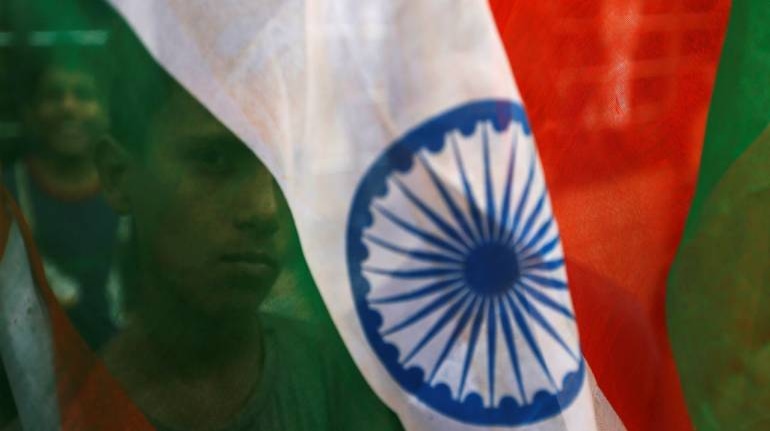



In the last few years, it has been fashionable for politicians, media, and activists – who were not favourably disposed towards the current dispensation in Delhi — to turn to the West for venting their angst. As the Narendra Modi government has been assiduously painted as ‘Right Wing’ and ‘Hindu Majoritarian’ in the left liberal circles of the United States and Europe, stories of religious intolerance, atrocities against minorities, and human rights violations found a receptive audience in certain niche fora. The Ministry of External Affairs has usually shrugged off such allegations.
Thus the chorus of protests from West Asia to the purported insult of the Holy Prophet of Muslims by a ruling Bharatiya Janata Party (BJP) spokesperson during a television debate on a private news channel caught New Delhi off-guard. There were hurried efforts at damage control and dousing fire. The diplomatic crisis was further aggravated as the Vice President was on an official visit to the region at that time. Whether it was timed for M Venkaiah Naidu’s trip or it was just a coincidence remains a matter of conjecture.
What was clear is that the response of the Arab nations were well co-ordinated. However, what caught everyone’s attention was the alacrity and seriousness with which India responded — in contrast to the hawkish position it is known to take with Western democracies.
While this came as pleasant surprise and music to the ears of those who had been agitating on the issue in India, it caused grave indignation among supporters of the government and the BJP who were already exercised over ‘death threats’ issued to the party spokesperson under fire. Both the groups felt that the government had capitulated before the Gulf countries for commercial interests. But the latter fumed because they saw it as a surrender before fundamentalist powers.
This naturally begs the question: Is economic strength the ultimate determinant of geo-political heft? India’s dependence on the Gulf for oil, as an employment destination for a large number of Indians, and a large export market have been cited as obvious explanations. However, the situation is not as one-sided as it is made to appear. In a connected and interdependent world no country can be an island. So like most things in life it is a two-way traffic — including the three factors mentioned above.
First, the Ukraine War has opened up a window of opportunity for India to not only import Russian oil, but also refine crude in Indian refineries for re-export to Europe. This is already happening and galloping at an exponential pace. Second, the Gulf countries know that they do not have an infinite reserve of oil. Already, apart from greater flow of Russian oil, the US has opened the taps of Venezuela. In a post-oil world, the Arab countries will need India more than ever. Third, Indians are employed in the Gulf not out of any largesse — but the cost and availability of skilled talent. It would be naïve to think they pack off Indians in hordes, and still keep the ecosystem running. In fact, in the coming days the demand for skilled talent from India is only going to increase.
Finally, coming to the markets. The dependence of Arab countries for grains, cereals, and commodities like sugar are well known. Even for manufactured goods — especially food and beverages — the demand comes from the huge South Asian population who keep the wheels of the economy churning. Iran has experienced the usefulness of India when it was reeling under sanctions of the Donald Trump administration.
Thus India is not dealing with West Asia from a position of weakness. The real considerations are not as much economic as they are strategic. With our neighbours — Pakistan and Afghanistan — in a state of flux, the Narendra Modi government cannot afford to let go of the diplomatic gains of recent years. That is where geopolitical pragmatism prevailed over domestic politics.
Discover the latest Business News, Sensex, and Nifty updates. Obtain Personal Finance insights, tax queries, and expert opinions on Moneycontrol or download the Moneycontrol App to stay updated!
Find the best of Al News in one place, specially curated for you every weekend.
Stay on top of the latest tech trends and biggest startup news.